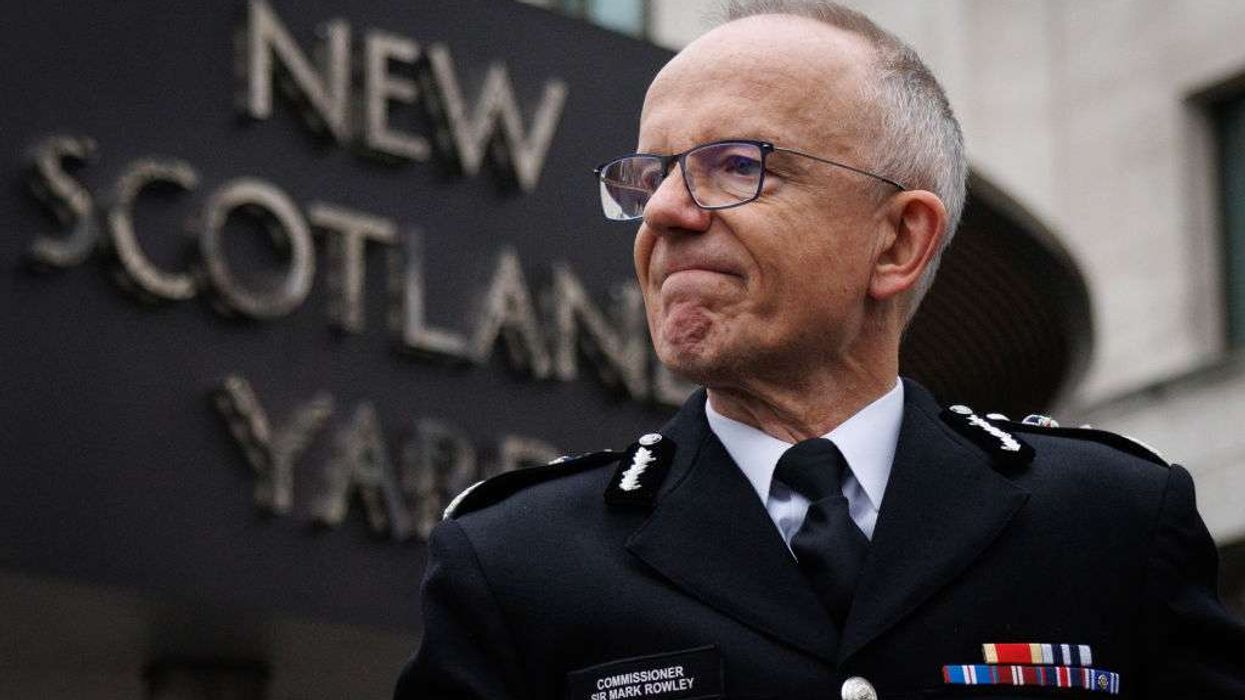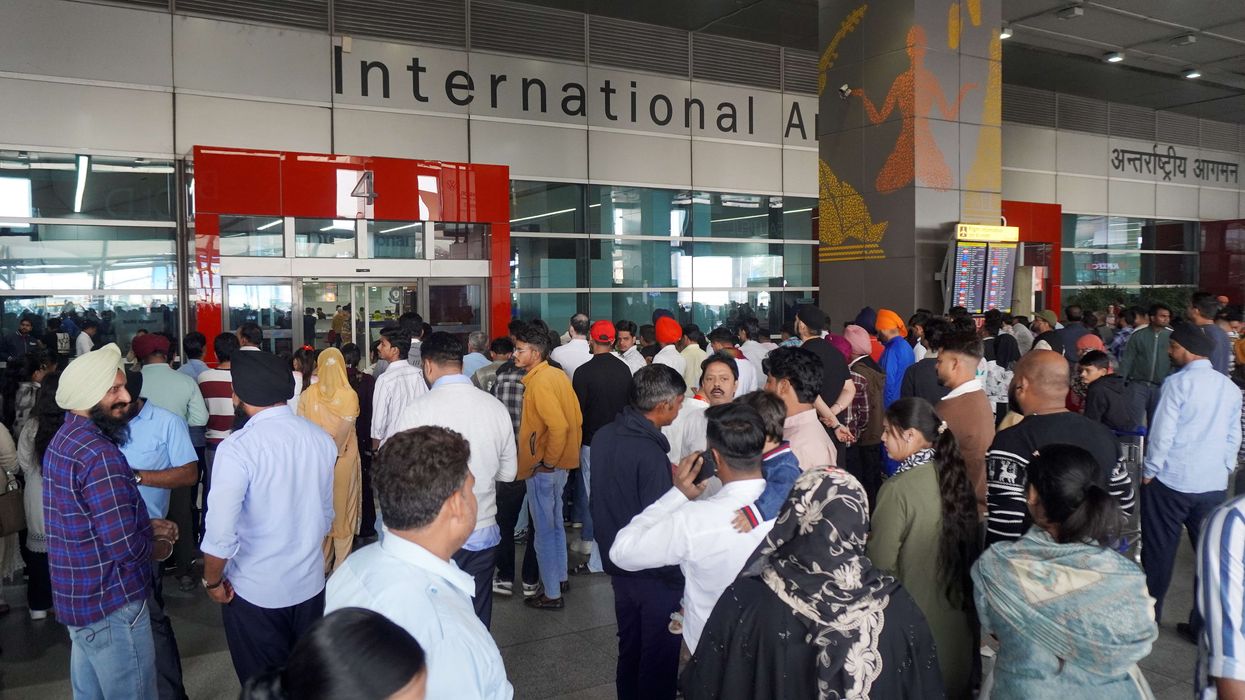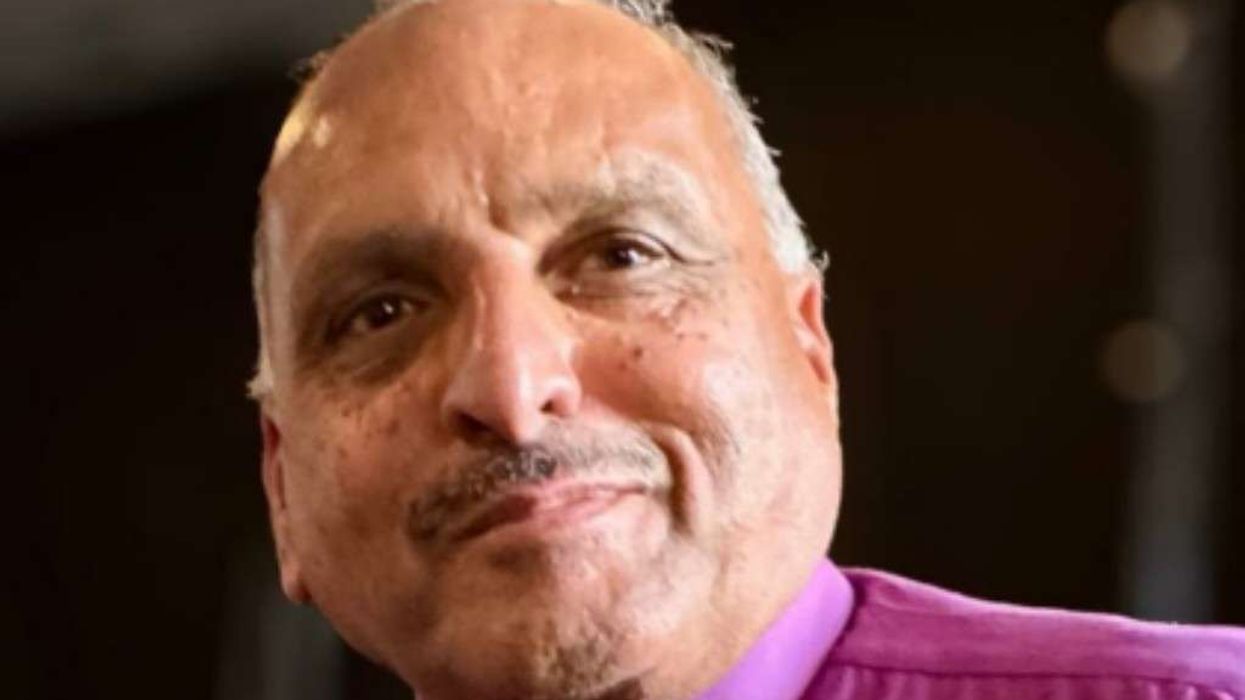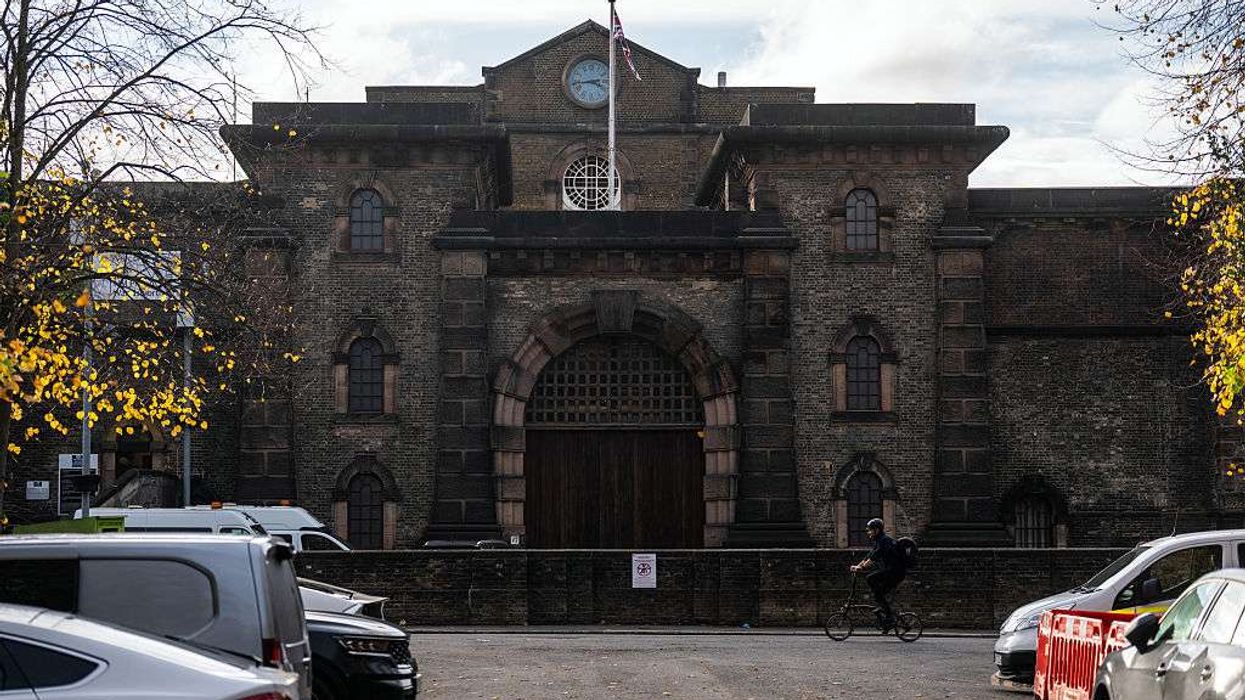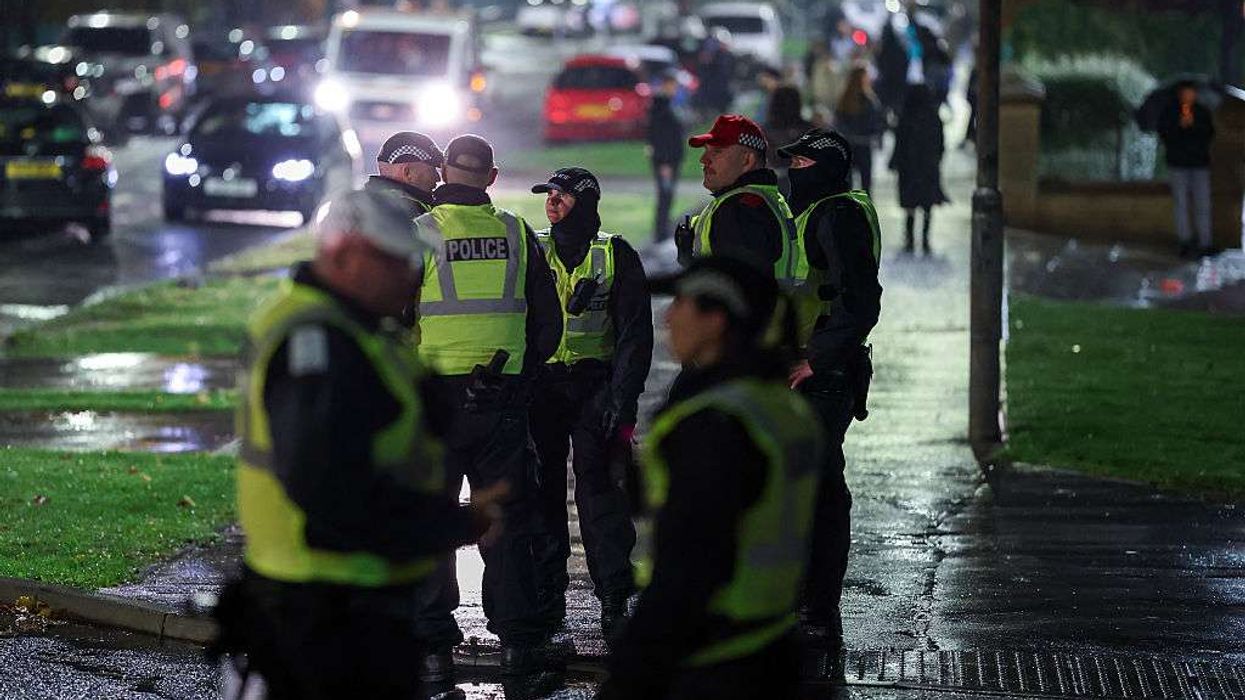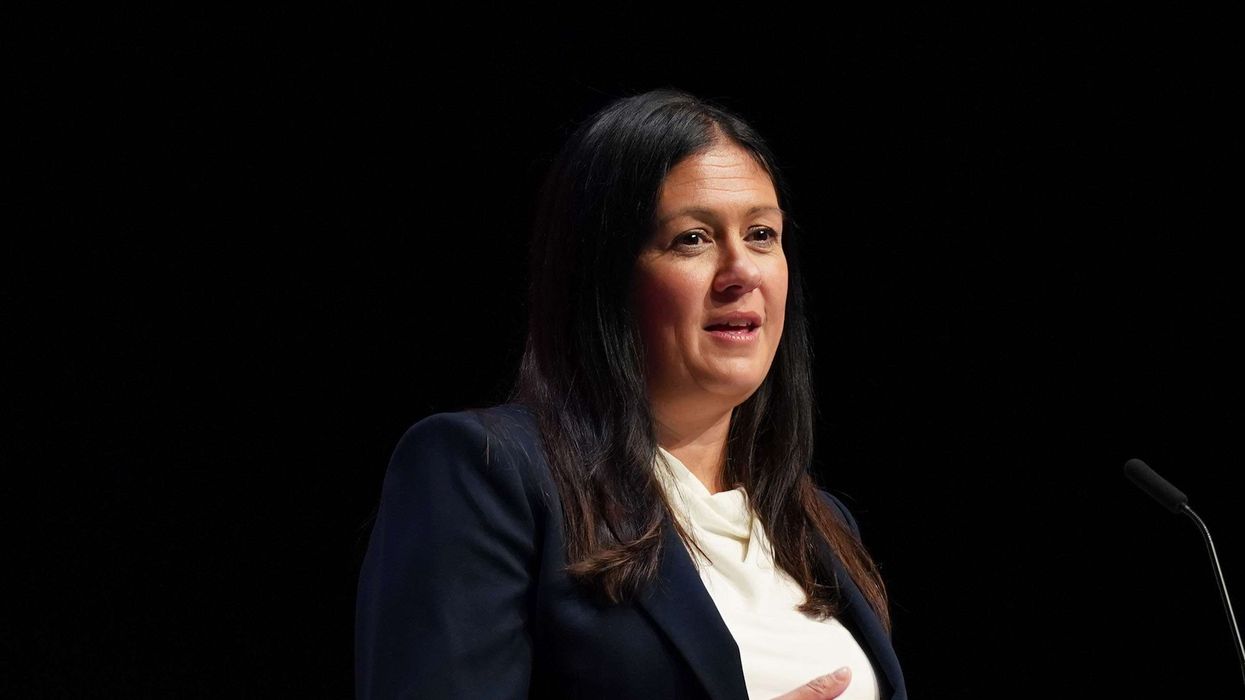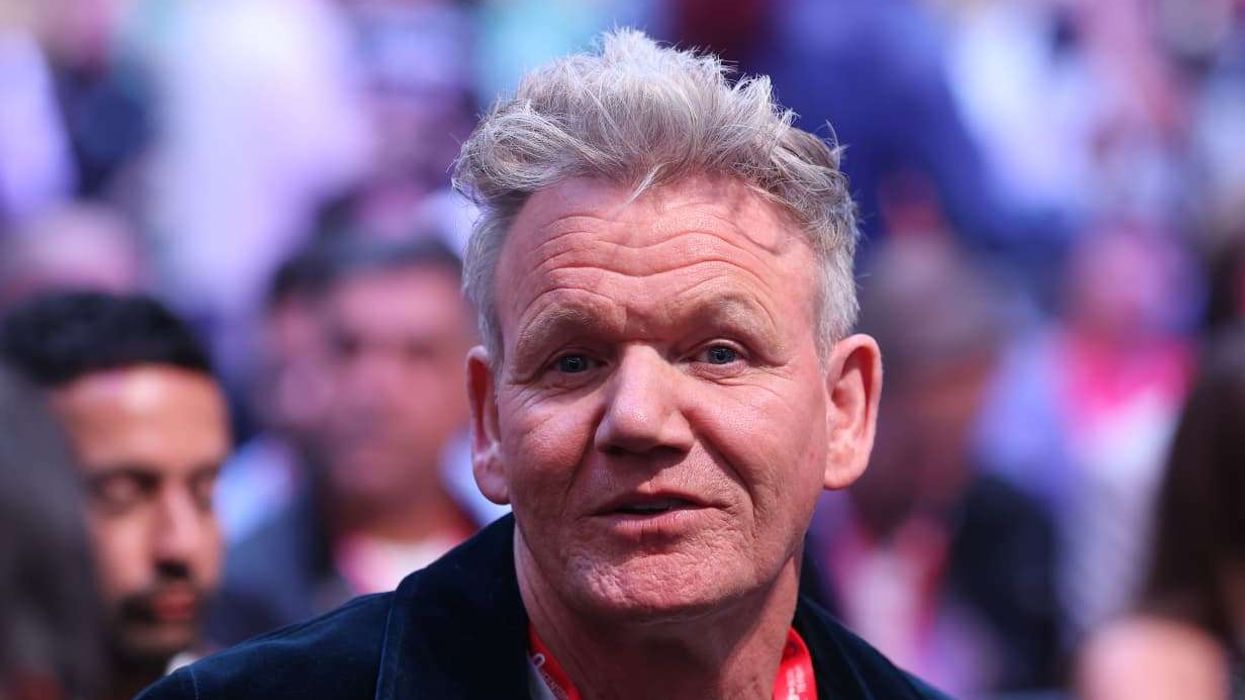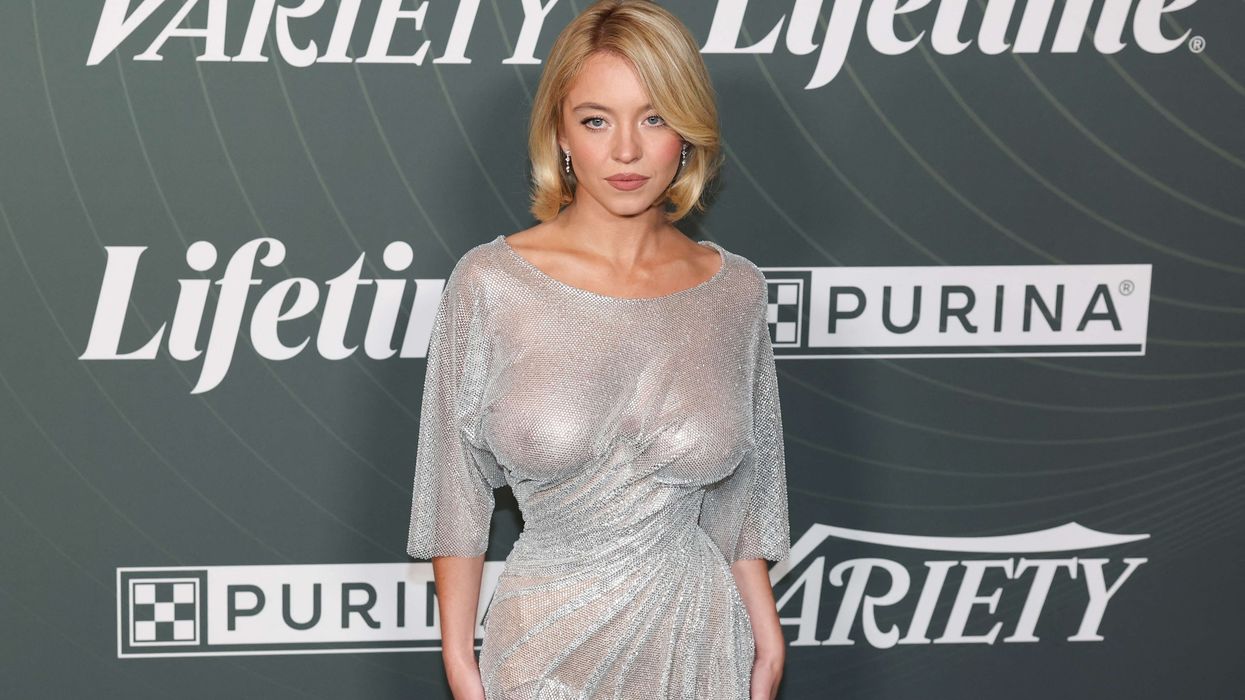METROPOLITAN POLICE chief Mark Rowley said his force must undergo cultural change after another deeply critical report published on Friday (7) cited systemic racism in how it deals with black members of the public and its own staff.
In her report entitled 30 Patterns of Harm, human resources expert Shereen Daniels said the Met's systems, leadership and culture gave rise to racial harm while protecting the organisation itself from meaningful reform.
"Systemic racism is not a matter of perception. For almost 50 years, reviews of the Metropolitan Police have documented the harm experienced by Black Londoners, officers and staff," said Daniels, who was commissioned by the Met to write her independent review.
Decades of "systemic racism" within the force mean discrimination is "embedded" into its systems, leadership and culture, the review said.
The independent probe, commissioned after a landmark 2023 study found the Met -- Britain's biggest force -- "institutionally racist, sexist and homophobic", warned its racism impacts internally and in public-facing policing.
It also permeates into other forms of discrimination, the 126-page report concluded.
Daniels said the report tries to "diagnose" why the force has struggled to reform despite decades of similar warnings.
The Met welcomed the report and said it "recognises the scale of the challenges it sets out".
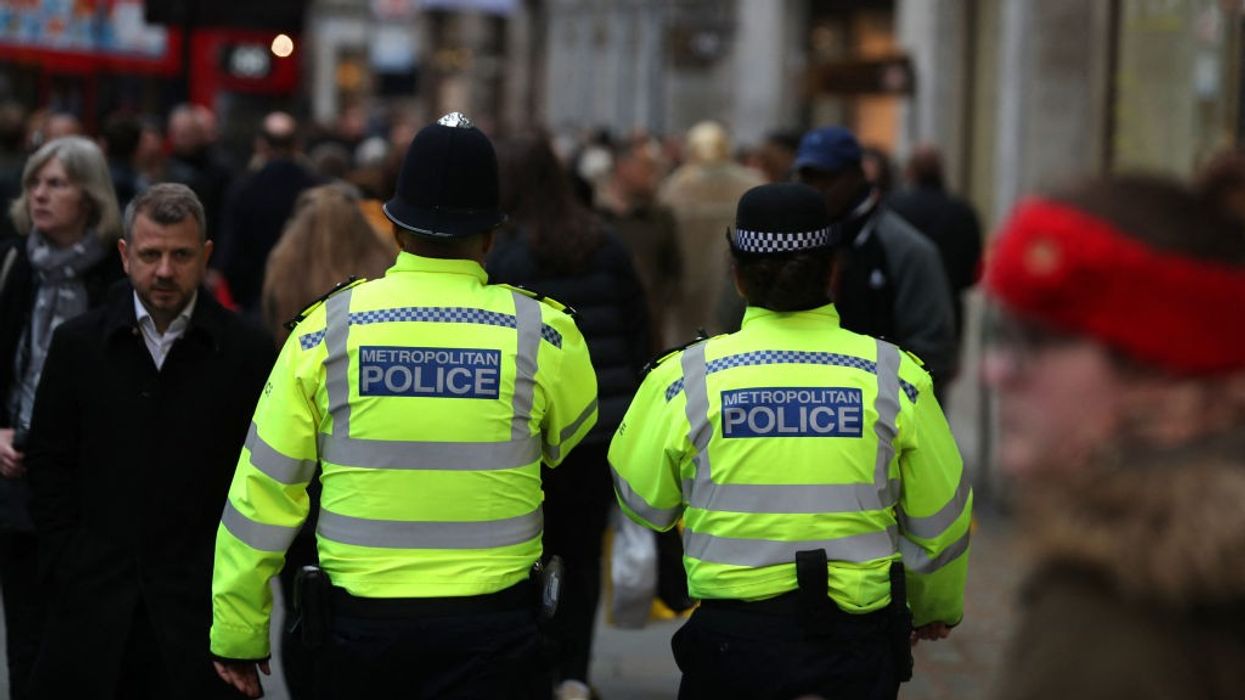
"Dr Daniels’ report is powerful. It calls out that further systemic, structural, cultural change is needed ... This cultural change will require relentless effort and innovation," Rowley, who became the capital's top cop in 2022 after his predecessor was criticised for failing to advance reforms, said in a statement.
"When it comes to any individual discrimination, including racism, our commitment is clear: we are continuing to deliver the largest corruption clear-out in British policing history to remove those who do not belong."
A string of scandals in recent years have rocked confidence in UK policing, in particular the 2021 kidnap, rape and murder of Londoner Sarah Everard by serving Met officer Wayne Couzens.
"This is not an account of individual incidents but a diagnosis of the structures that makes racial harm a consistent recurring pattern," Daniels said in a statement unveiling the report.
"This entire body of work demonstrates how institutional racism operates in practice," she added.
"It traces how racial harm becomes built into systems, behaviours and leadership norms that normalise discrimination and protect the organisation from consequence."
More recent scandals have shone a fresh light on enduring racism, homophobia, sexism and misogyny.
As well as the Everard case, another officer, David Carrick, was jailed for life in 2023 for dozens of rapes and sexual assaults stretching back two decades.
Just last month, the BBC aired footage from seven months of undercover filming at a central London police station that showed officers making sexualised, racist and misogynistic comments.
They also expressed anti-immigrant and anti-Muslim views and revelled in the use of force. Following the revelations, five officers were sacked.
Daniels -- managing director of the consultancy HR Rewired -- mined internal Met materials alongside public records for her report.
"Viewed together, these reveal how the organisation's systems and culture align to maintain, rather than dismantle, the conditions that cause racial harm," she concluded.
She found internally, officers use gender, class, religion and other factors -- alongside race -- to decide "who is seen as credible or confrontational... protected or punished... invited in or pushed out".
Meanwhile "on the street" similar biases shape "who is stopped, searched, escorted home, or forced to the ground".
Arguing the Met "cannot mark its own homework", Daniels said reform must be measured "through verifiable and felt change in the lived experiences of Black Londoners, officers, staff and volunteers".
(Agencies)
